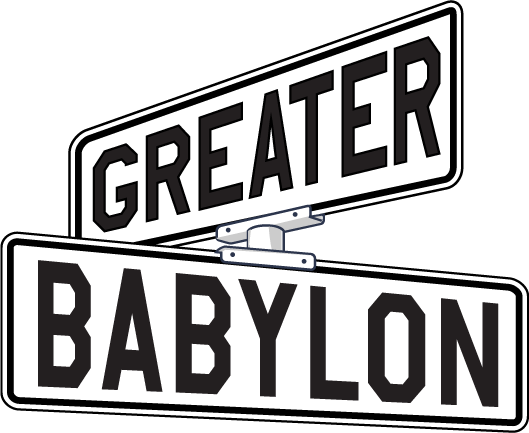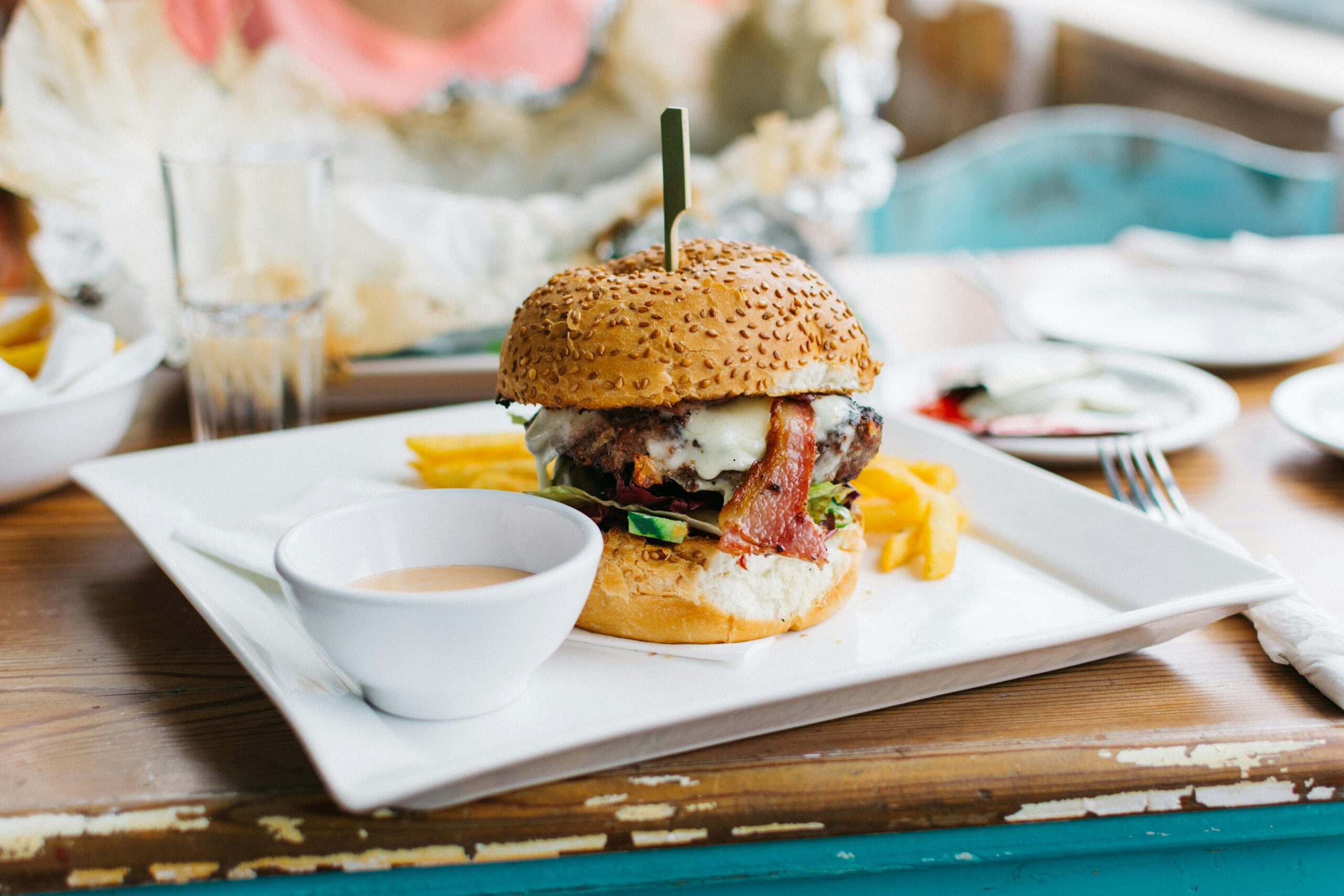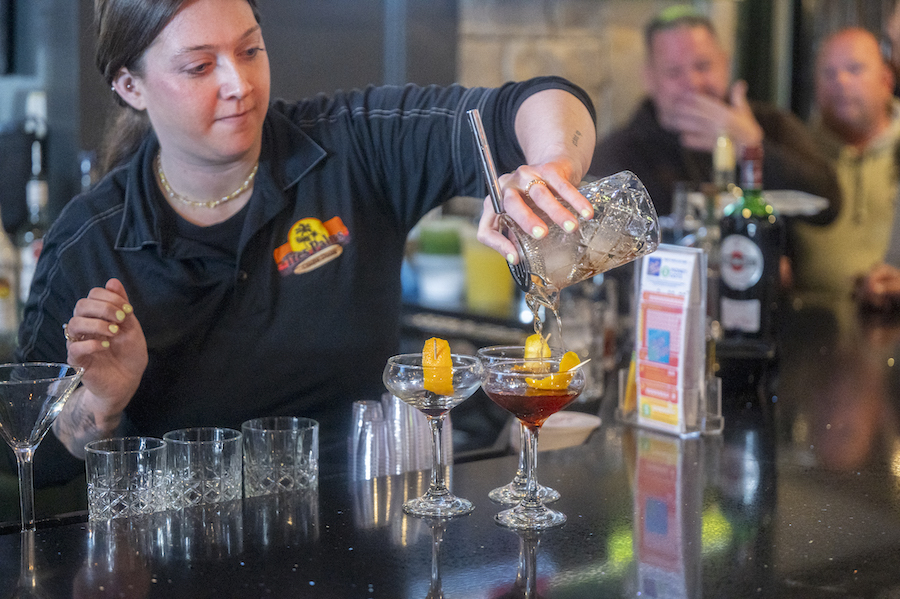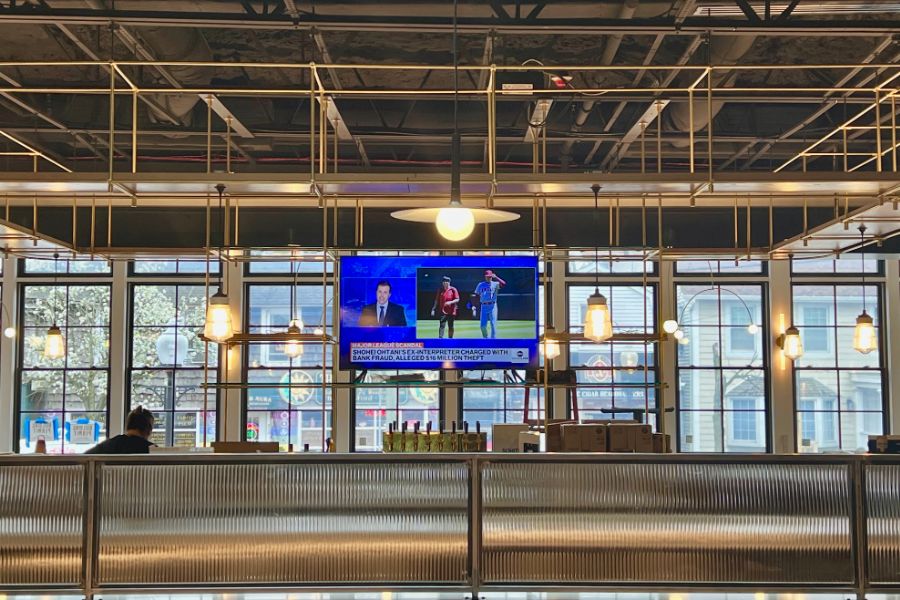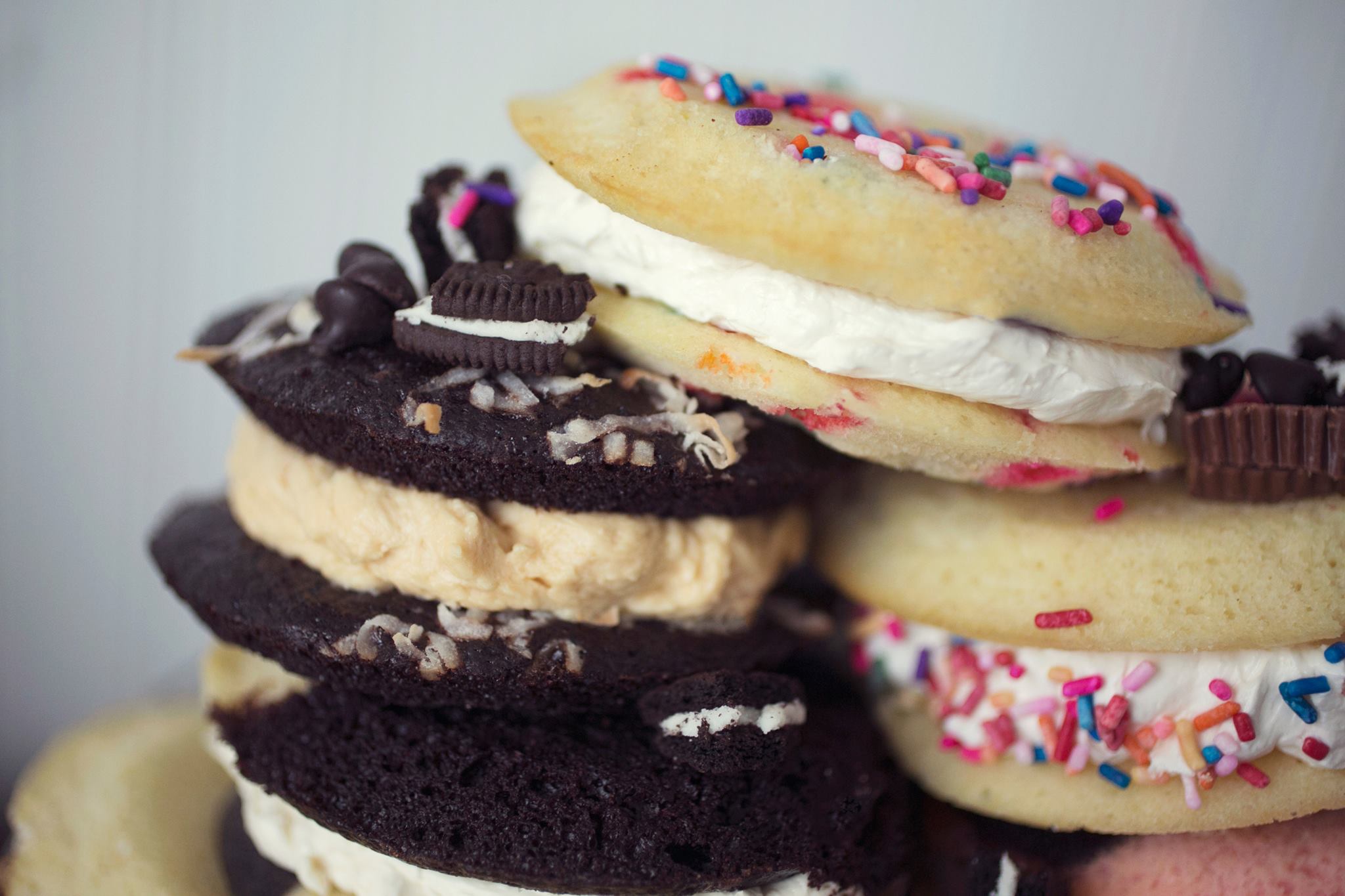
Greater Babylon coverage is funded in part by The Argyle Theatre, where Broadway comes to Babylon. Click here for tickets to ‘A Bronx Tale,’ performing April 25 to June 16.
There’s a growing number of Long Islanders waging war on plastic.
And they’re doing it subtly.
Kimberly Williams of Cold Spring Harbor avoids buying any produce unnecessarily wrapped in plastic.
“I shake my head when I see fruit, like bananas, wrapped in plastic. It’s really hard to buy something [in a plastic bag] that already comes in its own container, perfectly wrapped,” says Williams, who teaches oceanography and marine ecology in Smithtown schools. “And then they want to know if you want [another] bag for it!
“I can stop at a different store on my way home from work.”
The reasons for avoiding plastic are multi-fold, according to those interviewed for this report.
Here are just three
- It’s non-biodegradable and it pollutes land and water, while threatening wildlife.
- Plastics and other petroleum products contain chemicals that are potentially harmful to humans.
- There’s no need for most of it. And there are alternatives.
The alternatives are growing by the day.
In Babylon Village, for instance, those wary of plastic and petroleum products take to O’Beehave Naturals or Sherry’s Market, both on Deer Park Avenue, for food, beauty and hygiene products and more.
And they’re filling up by the jug.
THE REFILL PROJECT
O’Beehave founder Jeanine (Bean) Schappert has emerged as a leader on Long Island in what’s known across the country as the Zero Waste Movement.
Through Zero Waste, people try their best to reduce the amount of products they send to landfills, and remove what they believe to be harmful chemicals from their homes and bodies.
Read More: The millenials who can fit a year’s worth of trash in a jar
“Most of us are using plastic in a very disposable form, and it doesn’t break down,” Schappert said. “Now you’re putting something into our environment that is just building up and up and up over time.
“It’s just wasteful and it’s doing a number to our environment, as well as our health … Our bodies do not want petroleum; they don’t want synthetic fragrances.”
And, “it runs rampant in most of the cosmetic industry,” she said.
Having owned salons nearly all of her professional life, Schappert came to develop a product line of plant-based soaps, shampoos and conditioners, with the help of a chemist.
They then introduced those products to her hair clients.
The demand grew to the point that Schappert shifted her focus away from the salon and toward growing the line of O’Beehave Naturals. Like any businessperson, she wanted to distribute her products outside her own sphere of influence.
But, she didn’t want to use plastic. She ran with the idea of using bottles and taps, not unlike the beer industry.
Her clients ran with her.
Now she has about 150 loyal O’Beehave customers, who are referred to in the store as “The Refillers.” And they’re all part of Schappert’s Refill Project, an initiative they all hope becomes a phenomenon.
Among them is Alison Branco of Brightwaters.
An oceanographer, Branco is hugely concerned with micro-plastics, or broken down particles of plastic that are being consumed by fish and shellfish.
Those tiny bits of plastic are making their way into our food sources.
Read More: Guess what’s showing up in our shellfish? One word: plastics
“They’re terrifying and they’re just everywhere,” Branco said. “Even clothes. Micro-fleece is one of the worst offenders. But a lot of clothing is made with different petroleum products, nylons and things.
“They break down and every time we wash our clothes, these little bits come out and go right into the waste stream … it’s not filtered out in the waste treatment process and winds up right in our surface water.”
As for shampoos and soaps, Branco says the pleasant smells and sensations people experience are typically chemical driven.
“It feels like your hair is healthier but really its just being coated with some kind of silicone,” she said. “So it seems smoother and healthier, but it’s often not healthier And it’s just a matter of people finding out about it.”
Branco “worries a lot” about what her kids are putting on their bodies, she said.
“I love the refill bar,” she said of O’Beehave Naturals, the first of its kind on Long Island or anywhere, Schappert believes. “We can come here and my daughter, who’s a tween, can mix whatever scents she wants. And I know its much safer for her.”
Another Refiller is Isis Manzanilla of Lindenhurst. She found herself stepping into O’Beehave Naturals — and getting an education — not long after it opened on Earth Day 2017.
“I’m obsessed with the charcoal [conditioner], I use it head to toe, as conditioner, face mask, shave with it, do anything with it,” said Manzanilla, who now works at the shop. “And I’m really grateful to be able to try new things all the time. All my friends come here now.”
“I try to spread the word as much as I can,” she continued. “I have rosacea and eczema, and usually when someone says you can use this product head to toe, I just turn the other way … but everything here doesn’t harm my skin. And it actually balances it out.”
PLASTIC, PLASTIC EVERYWHERE
Even the most die-hard Zero Waste adopter admits there’s a place for plastic; these people do drive in plastic-laden cars and board planes and accept IVs at the hospital.
In medicine in particular, plastic plays a huge role in saving and improving people’s lives, those interviewed pointed out.
Even in the case of O’Beehave Naturals, the pumps in the shop are made of plastic.
“It’s durable; it doesn’t rust,” Schappert said, gesturing toward the pumps. “But wrapping things to make them look good has no purpose.”
At home, Williams tries to reserve her use of plastic strictly for her family’s needs.
“My dog has medicine, he’s elderly, and he’s been on glucosamine,” she said. “That comes in a plastic bottle. I’m not going to give up on the dog’s vitamins because I’m trying to cut down on plastic. So you save it for the places that you need it.”
Even all the time and energy that goes into recycling, while important, could be cut down if people only avoided plastics they never really needed to use in the first place.
“We grow cucumbers on Long Island this time of year,” Williams said during a discussion about cucumbers that are now being individually shrink-wrapped.
As far as alternatives to plastics, perhaps it’s ironic that many of them aren’t new — such as wood and glass — and in the case of plant-based soaps and ointments, some are ancient.
In the case of laundry detergent, Williams goes with an all-natural option she gets at a store. Her attempts to make her own detergent failed.
But her chemical-free detergent of choice, however natural, comes in a huge plastic container.
She was happy to hear O’Beehave is now offering a plant-based detergent.
“I would love to try her product that’s a little better for the environment,” she said.
A GROWING DEMAND
Schappert has plans to greatly expand her product line and distribution mechanisms in coming years. In fact, she’s banking on it.
She believes there are more and more people who think like her, and appreciates the work of people like Williams, who is teaching young people about the potential harm of overusing plastic.
Williams’ students will get extra credit, for example, for using reusable containers. They’re intrigued by anti-plastic movements such as The Last Plastic Straw, for example.
Actors such as Adrian Grenier of HBO’s Entourage and professional and collegiate athletes have also worked to educate and inspire young people to ditch single-use plastic, if only through Instagram posts. People can even take a No Plastic Straw pledge.
As time goes on, Schappert insists, entrepreneurs and researchers will begin to develop plant-based options for hair gels, powders and deodorants. Because there will be money to be made.
Natural food stores and organic markets are offering more products in bulk, or free of packaging.
Schappert hopes even non-disposable plastic might be a thing of the past one day.
“Plastics that are being used for long periods of time have their place … until we come up with something different,” she said. “Which I think we are coming up with; it’s just a matter of the market demanding it.”
When it comes to striving for Zero Waste, she recommends starting small.
“People get overwhelmed; they tell me that all the time,” she said. ‘I say, take it easy; go to your supermarket and bring your own bags … Something as simple as that.”
“If you want to take the next step,” she continued, “there are so many cool products that are being put on the market right now [such as] reusable straws. Bring your own utensils to work. Wrap them up, take them home, wash them.”
“I call it conscious consuming. Little by little. Seek it out and you will find it.”
Williams says striving toward a plastic-free life can have an addictive quality to it. Especially when you look up at the wholesale club and all you start to see is plastic and chemicals — everywhere. Then, you change some habits.
“You can’t un-see it,” she said of our plastic world.
When considering the proliferation of plastic within the context of alarming health trends such as escalating cancer rates, and rising auto-immune and autism rates — all considered mysteries — the anti-plastic camp says reducing exposure to chemicals can’t hurt.
“It’s really difficult to argue that doing something a little less toxic isn’t better,” said Branco.
“I hope everybody starts to think a little bit about it, whenever they make a purchase.”
This was Part 2 of a two-part series. Check back for a video report from Greater Babylon TV.
A leader in the Zero Waste Movement on Long Island opens refill bar
Top: Isis Manzanilla and Jeanine (Bean) Schappert at O’Beehave Naturals in Babylon.

